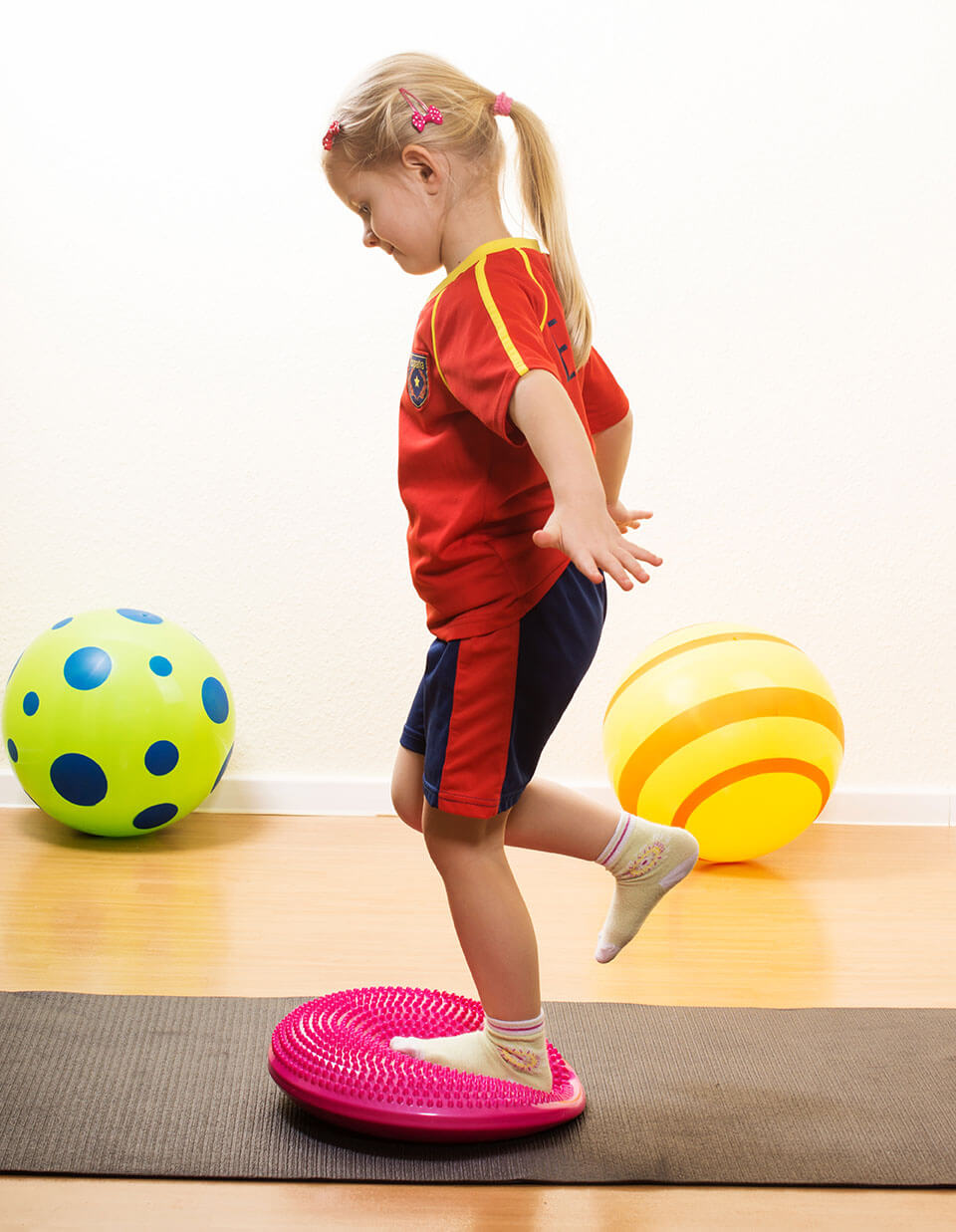Pediatric physiotherapy
Pediatric physiotherapy is a specialized branch of physiotherapy focused on improving the physical development, movement, and functional abilities of infants, children, and adolescents. It helps children with congenital conditions, developmental delays, neurological disorders, musculoskeletal issues, and post-surgical rehabilitation.
Conditions Treated by Pediatric Physiotherapy :-
✅ Cerebral Palsy (CP) – Helps improve muscle tone, balance, and motor skills.
✅ Developmental Delay – Assists children who struggle with sitting, crawling, or walking.
✅ Muscular Dystrophy – Strengthens muscles and slows down deterioration.
✅ Torticollis & Plagiocephaly – Helps correct head and neck alignment issues.
✅ Spina Bifida – Improves mobility, muscle strength, and independence.
✅ Autism Spectrum Disorder (ASD) – Enhances coordination, balance, and motor planning.
✅ Brachial Plexus Injury – Improves arm movement and strength.
✅ Juvenile Arthritis – Reduces pain and stiffness, promoting joint mobility.
✅ Post-Surgical Rehabilitation – Aids recovery after orthopedic or neurological surgeries.
✅ Sports Injuries – Supports recovery and prevents future injuries.

Benefits of Pediatric Physiotherapy
Improves Strength & Coordination
Helps children perform daily activities more easily.
Enhances Posture & Balance
Reduces the risk of falls and improves movement.
Boosts Independence
Encourages self-reliance in daily tasks.
Reduces Pain & Stiffness
Relieves discomfort from musculoskeletal conditions.
Supports Cognitive & Motor Development
Helps children reach developmental milestones.
Increases Confidence & Social Skills
Encourages participation in activities.

Frequently Asked Questions
Physiotherapy can begin as early as infancy if a child shows developmental delays or movement issues.
If your child has difficulty sitting, crawling, walking, poor posture, frequent falls, or muscle weakness, a physiotherapy consultation is recommended.
The frequency depends on the child’s condition; it can range from 1-3 sessions per week based on progress and needs.
Yes, therapies that improve posture, breathing, and motor coordination can indirectly support speech and social interaction.

